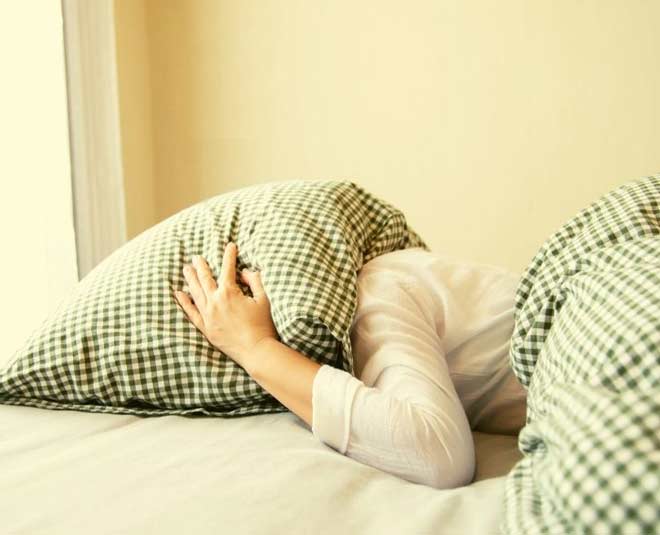
According to data, several menopausal women face sleeping problems. This proves that there is a direct connection between menopause and insomnia. Dr. Aarthi Bharat, Consultant Obstetrician & Gynaecologist, Motherhood Hospitals, Banashankari Bangalore is here to tell us what effects does menopause have on insomnia.
Menopause is a natural change in a woman’s body that typically occurs 12 months after their last period. This transition is likely to begin between 45 and 55, lasting for seven to fourteen years depending on lifestyle factors like smoking, age, race, and ethnicity. During premenopause, the years leading up to menopause, women may have changes in their menstrual cycles, hot flashes, or other symptoms as the body’s production of estrogen and progesterone declines.
Besides age, menopause can also be triggered by a hysterectomy or surgical removal of the ovaries, which produce hormones. As menopause begins, a woman’s body starts to use energy differently, leading to changes in bone or heart health, body shape and composition, or physical function. People with perimenopause and menopause also experience insomnia that hinders their daily life and activities.

Insomnia is a sleeping disorder that prevents you from getting adequate sleep. It is common amongst women going through perimenopause and menopause. While some women have mild or occasional insomnia, some face severe insomnia. People with insomnia may take 30 minutes or longer to fall asleep, or they might also find it harder to stay asleep. They feel tired throughout the day and worry about sleep constantly. Some other ways insomnia affects your health are causing irritation, stress, anxiety, inattention, headaches, and gastrointestinal issues.
Aforementioned, approximately 61% of menopausal women have sleep problems. Have you wondered what factors of menopause cause insomnia?
Progesterone is a sleep-producing hormone, and when ovaries produce lesser estrogen and progesterone levels during menopause, it leads to several changes in your lifestyle, particularly in your sleeping habits. While the body tries to adjust to the fluctuating hormone levels, women may often find it harder to fall asleep and stay asleep.
The most common side effects of menopause are hot flashes and night sweats. With progesterone and estrogen levels decreasing, women going through menopause have sudden increases and drops in their body temperature. This suggests a rise in your adrenaline level, the chemical responsible for your reaction to stress or a do-or-die situation. Your body often has difficulty adjusting to this sudden burst of energy, causing insomnia.

Similar to natural chemical and hormonal changes, medications and supplements that you’re taking can also interfere with sleep. Insomnia is a common side effect of several medications. It is advisable for women who start a new medication during their menopause to know that it may contribute to their insomnia.
Don't Miss:Watch Out For These Symptoms And Get Screened To Reduce Your Risk Of Cervical Cancer
There are several ways to treat insomnia in general, but if your insomnia is related to menopause, balancing your hormone levels is the best way to fight insomnia. Some of these options include:
Don't Miss:Sterilisation And The Right Of Women To Choose Motherhood

If you have been having trouble sleeping for months and feel that insomnia affects your daily life, it’s time to seek guidance from a doctor. Visiting a doctor will help you understand the reason behind your insomnia and whether there is a link to menopause. Getting a better sense of what contributes to the problem will help you find the best treatment.
For more such stories, stay tuned to HerZindagi!
Also watch this video
Herzindagi video
Our aim is to provide accurate, safe and expert verified information through our articles and social media handles. The remedies, advice and tips mentioned here are for general information only. Please consult your expert before trying any kind of health, beauty, life hacks or astrology related tips. For any feedback or complaint, contact us at compliant_gro@jagrannewmedia.com.